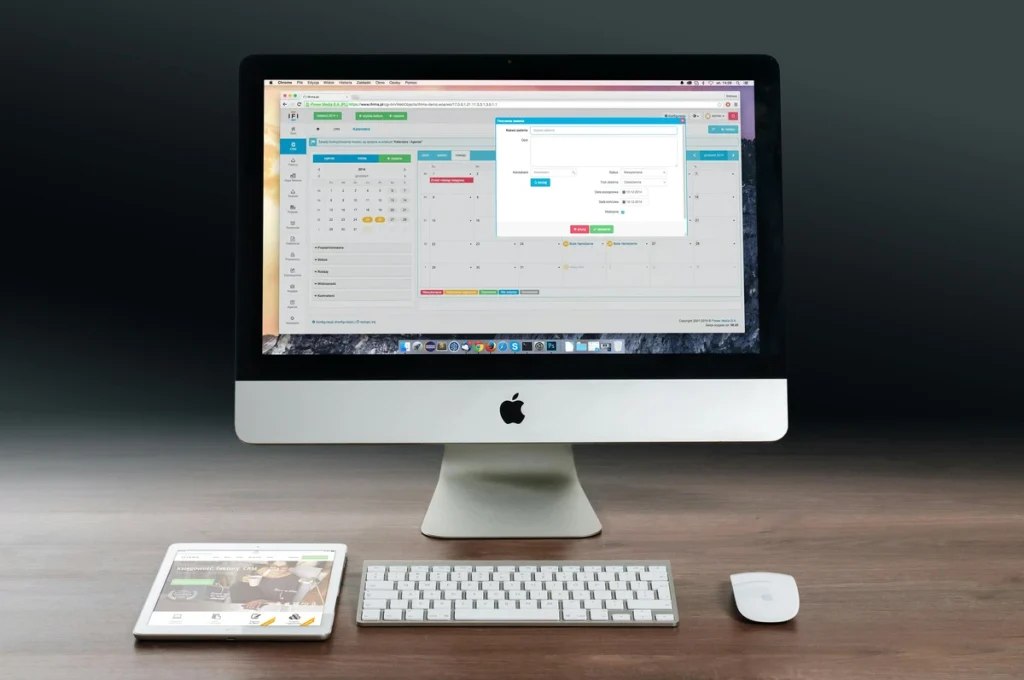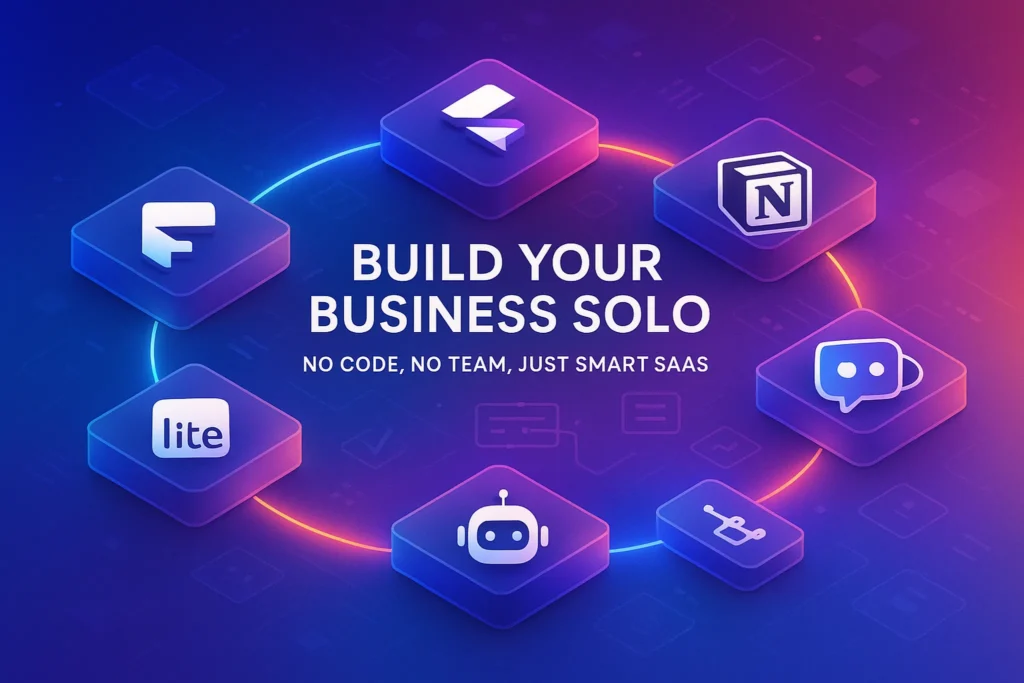🚀 Why Beginners Need SEO Software in 2025
Search Engine Optimization has always been the foundation of digital visibility, but in 2025 it feels both more accessible and more complex than ever. Beginners are no longer only competing with local businesses—they’re stepping into a world where AI-powered search, multimodal results, and voice optimization shape rankings daily. Without structured SEO software, it’s nearly impossible to navigate the maze of algorithms, keyword intent shifts, and content demands.
What’s changed most for beginners is accessibility. Tools that once required enterprise budgets or steep learning curves have become streamlined, offering beginner-friendly dashboards and AI copilots. As one startup founder tweeted this year, “I used SurferAI’s beginner mode for three months and my niche blog went from 0 to 5,000 monthly visitors. It felt like SEO training wheels, but they worked.” This is exactly the kind of accessibility beginners need: guided actions, instant feedback, and results they can measure.
💡 Nerd Tip: Don’t aim for perfection in your first 90 days. Focus on consistency. Even with SEO software, the compounding effect of regular publishing outperforms chasing hacks.
🔑 Core Features Beginners Should Look For
Not all SEO software is created equal, and for beginners, the wrong tool can overwhelm more than it helps. What matters most is simplicity combined with essential functionality. The best beginner SEO software in 2025 usually balances five things:
-
Keyword Discovery Without Overload – Instead of throwing 50,000 suggestions at you, beginner tools now highlight 20–30 intent-driven keywords you can realistically rank for.
-
Content Guidance with AI – Smart editors suggest headings, keyword density, and readability improvements, keeping you focused on producing optimized content rather than getting lost in spreadsheets.
-
Performance Tracking That Teaches – Metrics aren’t just numbers anymore. Tools now explain what a CTR drop means and suggest fixes.
-
Competitor Context – Instead of overwhelming reports, beginner-friendly SEO tools now show micro-comparisons, like “Your competitor has 3 more internal links on this page.”
-
Automation for Repetitive Tasks – From automatic keyword clustering to AI-assisted content scoring, automation ensures you don’t get bogged down with busywork.
One NerdChips reader emailed last month saying, “I tried working without SEO software for six weeks and barely understood why my posts weren’t ranking. As soon as I plugged into a beginner-friendly tool, I could finally see where the gaps were.” This is the precise reason these platforms exist: visibility into what matters.
💡 Nerd Tip: If the software doesn’t make your next step crystal clear, it’s not beginner-friendly.
🛠️ Best SEO Software for Beginners in 2025
🌱 1. SurferSEO Lite (Beginner Mode)
Surfer has been around for years, but 2025 marks a turning point: its Lite mode is specifically designed for beginners. It removes the advanced filters and focuses only on actionable insights. For instance, it will say: “Add 200 words and two H2 subheadings” rather than throwing a full SERP correlation analysis. This simplicity has made it a favorite among solo creators who don’t want to get lost in technical jargon.
Real case study? A freelance writer on X shared: “I published 12 Surfer-optimized posts in January. By April, my organic traffic was up 430%. Not bad for someone who used to fear SEO tools.”
📊 2. Semrush Starter
Semrush, historically an advanced platform, has reimagined its entry-level plan. Beginners now get a guided “First 100 Keywords” onboarding path. The system literally walks you through finding your niche terms, building your first content cluster, and tracking competitors without overwhelming data. Its value lies in its structured learning approach—perfect for those who want to understand SEO fundamentals while using the tool.
🧭 3. RankIQ
RankIQ continues to be one of the most beginner-friendly SEO tools in 2025. Its curated keyword libraries save hours of research by surfacing low-competition phrases. For bloggers entering crowded niches, RankIQ is often the difference between publishing into the void and hitting page one faster.
One student blogger wrote: “I used RankIQ’s keyword list for student productivity blogs. Within three months, my ‘study planner apps’ post ranked top 5. Without it, I’d still be guessing.”
⚡ 4. NeuronWriter 2025 Edition
NeuronWriter combines content optimization with semantic AI insights. What sets it apart is the gentle learning curve: it color-codes suggestions for clarity—green for “good,” yellow for “improve,” red for “fix.” This beginner-friendly UX design has been repeatedly praised in forums. More importantly, its content scoring helps beginners avoid keyword stuffing while still building search-ready articles.
🔍 5. LowFruits SEO
LowFruits has built its reputation on identifying “weak spots” in Google’s SERPs. In 2025, it refined its algorithms further, helping beginners find hidden keyword opportunities where forums or small blogs dominate page one. For new creators without domain authority, this approach is gold—it helps you win battles you can realistically fight.
⚡ Ready to Build Smarter SEO Foundations?
Get started with beginner-focused SEO tools like RankIQ, LowFruits, or SurferSEO Lite. Start small, publish consistently, and watch your traffic compound.
📈 How Beginner SEO Software Fits Into Your Growth
SEO software is only effective if paired with consistent publishing and smart content strategy. Beginners should think of these tools not as shortcuts, but as amplifiers. They highlight opportunities, fix blind spots, and accelerate learning curves.
For instance, using SurferSEO Lite alongside keyword strategies from Affordable SEO Tools for Keyword Tracking can help new bloggers double-check that their chosen terms are both rankable and profitable. Pairing that with insights from SEO Content Writing: How to Rank ensures that the content isn’t just technically sound, but genuinely valuable to readers.
💡 Nerd Tip: Beginners who combine SEO software with internal linking strategies (like in Content Optimization Toolbox) tend to see 20–30% faster indexing and stronger page authority over time.
⚠️ Common SEO Mistakes Beginners Make (and How Tools Prevent Them)
For most beginners, the biggest challenge in SEO is not the lack of effort but the misdirection of that effort. A classic example is keyword stuffing. Many new bloggers assume that repeating a keyword twenty times will guarantee higher rankings. In reality, it does the opposite—Google now penalizes content that feels artificial. Beginner-friendly software like SurferSEO Lite or NeuronWriter flags over-optimization in real time, encouraging writers to focus on readability and semantic flow instead.
Another mistake is chasing vanity metrics. Beginners often get excited when they see impressions go up in Google Search Console but forget that impressions alone don’t drive sales or engagement. Modern SEO software solves this by explaining metrics in plain English and highlighting what truly matters, such as clicks, CTR improvements, or conversions.
A third pitfall is ignoring internal linking. Without proper connections between posts, even the best keyword strategy can collapse. Many tools now prompt users to add internal links, showing how a single link from an authority post can improve indexing speed by 20–30%. Pairing those suggestions with insights from Content Optimization Toolbox helps build stronger site architecture from day one.
💡 Nerd Tip: Trust the prompts. If your SEO tool tells you to reduce keyword frequency or add internal links, it’s not optional advice—it’s a proven path to better rankings.
📌 Case Snapshot: A Beginner’s 90-Day SEO Win
Sometimes the best way to understand SEO tools is through the lens of someone who has been in the trenches. In early 2025, a beginner travel blogger launched a brand-new website with no backlinks and no domain authority. Instead of guessing, she used LowFruits SEO to find opportunities where weak pages (like forum threads or Reddit discussions) dominated Google’s first page.
She published fifteen posts targeting those “weak SERPs” over three months. By the end of the 90-day period, six of her posts had already reached page one, bringing in over 3,200 organic visits a month. On Reddit, she reflected: “I wasted half a year publishing blindly. LowFruits was the first time I felt like I was playing chess instead of checkers.”
The lesson is clear: beginner SEO software doesn’t guarantee success, but it ensures your time compounds into results instead of being wasted on unrankable terms.
🤖 AI and SEO in 2025: How Beginner Tools Are Adapting
Search engines themselves are no longer static. With Google’s Search Generative Experience (SGE) and Bing’s AI-driven answer boxes, results are shifting from simple ten-blue-links to multimodal, intent-aware experiences. This creates both opportunities and challenges for beginners.
Modern SEO tools are adapting. NeuronWriter, for example, now includes intent detection, classifying queries as informational, transactional, or navigational. SurferSEO Lite integrates voice search suggestions, showing beginners what questions people are likely to ask their AI assistants. These features help new creators understand not just what keywords to use, but how those keywords fit into user journeys.
💡 Nerd Tip: Don’t optimize only for today’s Google results. If your tool doesn’t prepare you for AI-first SERPs, you risk ranking for queries that may vanish tomorrow.
🗺️ Beginner Action Plan: First 30 Days With SEO Software
Owning the right SEO tool is only the first step—using it properly is where results begin. Here’s how beginners can structure their first month for maximum momentum:
-
Week 1: Run keyword discovery. Identify 5–10 low-competition terms aligned with your niche. Don’t aim for broad keywords—start with search phrases you can realistically win.
-
Week 2: Publish your first three optimized posts. Follow your software’s guidance closely—if it suggests 1,200 words and specific subheadings, stick to the recommendations.
-
Week 3: Monitor indexing and early impressions. Most tools show whether your keywords are starting to surface. Track which posts get traction first.
-
Week 4: Refine and expand. Double down on formats or keywords that performed best. Begin linking posts internally, reinforcing authority and boosting crawlability.
Beginners who follow this structured 30-day sprint often see their first ranking wins in just 2–3 months, while others who publish blindly may still be invisible after a year.
💡 Nerd Tip: Treat your first month as a training bootcamp. By day 30, you should already have a repeatable system instead of relying on guesswork.
📊 Beginner vs. Pro SEO Software Features
To make the landscape clearer, here’s a comparison of how beginner tools differ from professional-grade SEO platforms:
| Feature | Beginner Software | Pro Software |
|---|---|---|
| Keyword Research | Simplified suggestions, intent-focused | Large datasets, advanced filters |
| Content Optimization | AI prompts, readability scoring | SERP correlation, NLP analysis |
| Reporting | Explains metrics in plain English | Complex dashboards, exports |
| Automation | Internal link prompts, keyword clustering | Technical site audits, backlink monitoring |
| Learning Curve | 2–3 days to onboard | Weeks to months to master |
💡 Nerd Tip: Think of beginner tools as your training wheels. Once you’re consistently publishing and managing dozens of posts a month, consider upgrading to pro features.
📬 Want More Smart SEO Insights Like This?
Join our free newsletter for weekly deep dives into SEO, AI tools, and growth strategies—crafted for creators and solopreneurs navigating 2025.
🔐 100% privacy. No noise. Just actionable insights from NerdChips.
🧠 Nerd Verdict
For beginners in 2025, SEO software isn’t optional—it’s your GPS in the chaotic world of digital visibility. The best part is that the entry barrier has never been lower. With Lite modes, guided setups, and AI-powered suggestions, you don’t need to be an SEO wizard to start ranking. NerdChips has seen firsthand that even small creators who publish 20–30 optimized posts consistently can outperform larger competitors still stuck on outdated strategies.
In short: the software won’t do the work for you, but it will make the work far clearer. And in SEO, clarity is half the battle.
❓ FAQ: Nerds Ask, We Answer
💬 Would You Bite?
If you had to pick just one SEO tool to guide your beginner journey in 2025, which would it be—and why?
Share your thoughts, your wins, or even your frustrations. 👇
Crafted by NerdChips for creators and solopreneurs who want their voices discovered in 2025.



